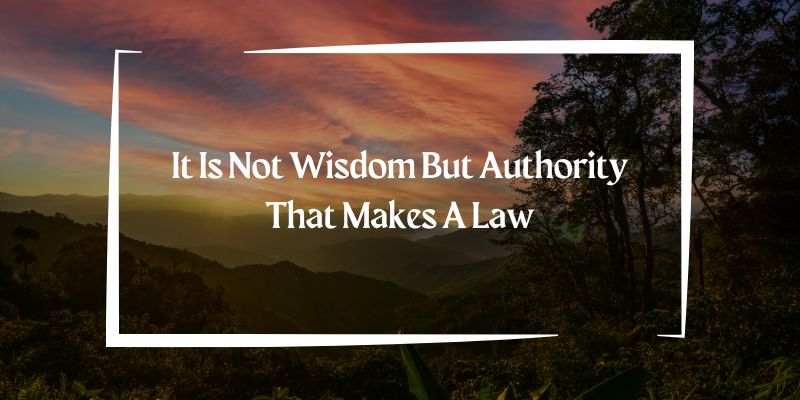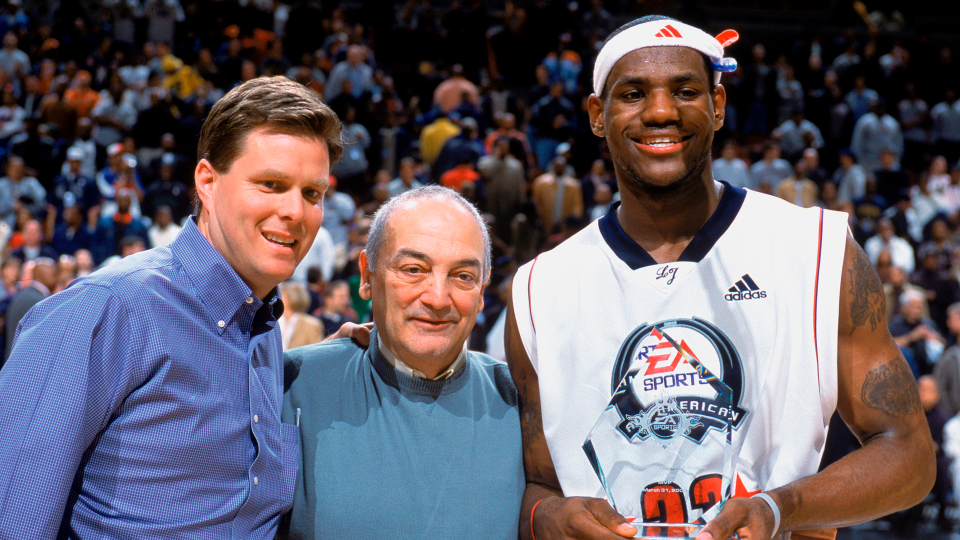Introduction:
Go, an ancient and strategic board game originating from China, has fascinated players for centuries. The game’s intricacies have not only captured the interest of enthusiasts but also inspired philosophical contemplation. Among these musings, T. Tymoff’s quote, “It is Not Wisdom but Authority that Makes a Law,” offers a unique perspective on the dynamics within the realm of Go. This article delves into the essence of T. Tymoff’s statement, exploring its implications in the context of Go, and how it reflects broader philosophical insights.
Understanding T. Tymoff’s Perspective:
T. Tymoff’s quote encapsulates the interplay between wisdom and authority in the context of rule-setting within Go. Traditionally, the game relies on a set of established rules governing its play. These rules, while vital for maintaining structure, can be subject to interpretation and evolution. Tymoff’s perspective questions whether these rules are solely dictated by wisdom or if authority, often linked to power dynamics, plays a more significant role.
In the realm of Go, wisdom pertains to the accumulated knowledge, strategies, and insights developed over centuries by players and theorists. Authority, on the other hand, signifies the influence wielded by individuals or institutions responsible for codifying and enforcing these rules. Tymoff’s statement provocatively hints at the possibility that authority might sometimes supersede wisdom in rule-making.
Exploring the Dynamics in Go:
Go, with its simple rules but profound complexities, showcases a fascinating balance between wisdom and authority. The game’s rules have evolved over centuries, shaped by the wisdom and insights of countless players and scholars. These rules aim to govern the gameplay, ensuring fairness and consistency. However, the authority responsible for establishing and enforcing these rules might not always align perfectly with the collective wisdom of the Go community.

Instances in Go history illustrate conflicts between established wisdom and authoritative rule-setting. Debates over rule changes, tournament regulations, and even ethical considerations often highlight the tension between what is deemed wise by the community and the authority’s decisions.
FAQs:
Q1: How do wisdom and authority intersect in the context of Go?
A1: Wisdom in Go refers to accumulated knowledge, strategies, and insights developed over time. Authority represents the power responsible for establishing and enforcing rules. The interplay between these concepts often determines rule-making and governance within the game.
Q2: Can authority override wisdom in setting Go rules?
A2: While wisdom forms the foundation of established rules, authority holds the power to amend or enforce them. Conflicts may arise when authoritative decisions diverge from the collective wisdom of the Go community.
Q3: What impact does T. Tymoff’s perspective have on the philosophical understanding of Go?
A3: Tymoff’s perspective prompts contemplation about the dynamics between established wisdom and the influence of authority. It encourages deeper exploration into the complexities of rule-making, power dynamics, and the evolving nature of the game.
Q4: How can players reconcile conflicts between wisdom and authority in Go?
A4: Open dialogue, community engagement, and a balanced approach involving both wisdom and authority are essential in reconciling conflicts. Collaboration between players, scholars, and governing bodies helps navigate these complexities.
Conclusion:
T. Tymoff’s reflection, “It is Not Wisdom but Authority that Makes a Law,” offers a thought-provoking lens to understand the intricate dynamics within the world of Go. While wisdom forms the bedrock of established rules, the role of authority in shaping, interpreting, and enforcing these rules cannot be overlooked. The balance between wisdom and authority in Go rule-making invites ongoing contemplation, underscoring the evolving nature of the game and its philosophical depths.
Through the exploration of this perspective, players and enthusiasts are encouraged to engage in meaningful discourse, fostering a deeper understanding of Go’s essence beyond its strategic gameplay.




